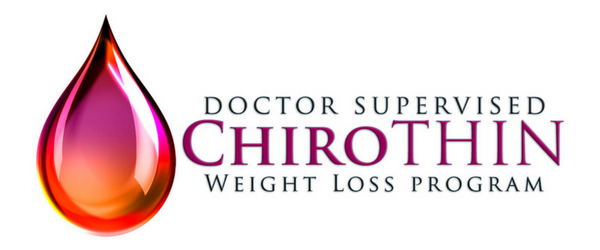
Over 36 percent of the population suffers from obesity. With those statistics, it’s not surprising that a lot of people don’t know where to begin when it comes to losing weight.
If you’re one of those people, then you’ve come to the right place.
Before you start your journey to a healthier and happier you, check with a weight loss doctor to learn the best ways to go about things.
Here are some of the reasons why seeking medical advice before taking on a new diet is important:
Your BMI is Over 30
Your BMI, or Body Mass Index, is the measurement used to determine your body mass to height ratio. Before consulting a weight loss doctor, you should figure out where you fall on the BMI scale.
The ranges for BMI score in the following categories:
- Underweight is anything below an 18.5 BMI.
- Normal Weight is anything between an 18.5 and a 24.9 BMI.
- Overweight is between a 25.0 and a 29.9 BMI.
- Obese is anyone with a BMI higher than 30.
To calculate which category you’re in, simply divide your weight by your height squared. (Or use a website that calculates it for you.)
If you’ve calculated your BMI correctly and find that it’s above 30, you should consult a doctor before starting any weight loss programs.
People who have a BMI that falls into the obese category are at a higher risk of health problems and complications. These potential risks can be more easily avoided throughout the weight loss process if you have the guidance of a medical professional.
You Have Pre-Existing Conditions
Another consideration you should make before beginning a weight loss program is that of pre-existing conditions.
These conditions come in a few different shapes and forms, but all of them could potentially hinder your weight loss success.
Physical Health
Your physical health is one of the most important reasons to lose weight, but it can also be one of the biggest factors that holds you back from doing so.
With weight loss plans often come massive, sudden changes in eating and exercise habits which can disturb underlying health problems. If you’re aware of any physical health problems such as diabetes, heart disease, or thyroid issues, then special consideration should be made when planning your weight loss goals.
The nutritional needs for those with health issues are going to vary from that of an otherwise healthy individual. Keeping in mind blood sugar and medication friendly food choices that can be recommended by a weight loss doctor could save your overall health in the long run.
Remember, the pursuit of weight loss is not worth deterioration of your general health and wellbeing.
Mental Health
When beginning your weight loss journey, mental health can be just as important as your physical health.
For quite a few people struggling to be at a healthy weight could be caused by an underlying mental health problem such as an eating disorder. If portion control or willpower to stay away from foods that don’t lend themselves to your overall goals is a problem you find yourself facing, consider seeking medical advice.
Having an unhealthy relationship with food or a warped body image or both can ultimately keep you from reaching your goals or even just living a healthy life.
There may be a stigma attached to seeking help from a medical professional for mental health reasons, but there shouldn’t be. Have no shame in reaching out for the help you may need to get you to where you want to be.
Help Making a Nutrition Plan
Dieting isn’t all about restricting or just “eating less”.
In order to be successful in weight loss, you should not only be concerned with how much you’re eating but also what you’re eating.
If you find yourself tempted to go on one of the fad diets that cuts out things like carbs, for instance, talk to a weight loss doctor first. These incredibly restrictive diets can do more harm than good to your health overall and put you at a higher risk of gaining the weight back.
If you cut out any one type of food, as soon as you begin eating “normally” again chances are that the weight will come right back. Skipping out on any food group also leads to a lack of nutrients which can put you at risk for loss of muscle mass and complications like organ damage and brittle bones.
By consulting a doctor and building a nutrition plan together you can avoid all of these problems and make sure you’re on the path to success and healthy eating habits.
You’re Considering Using Weight Loss Aids
Another reason to consult a weight loss doctor before you start your program is if you’re considering using weight loss supplements, medications, or surgery.
These options usually come about as a “last resort” scenario, but they can be extremely effective tools in helping you meet your weight loss goals. However, you shouldn’t use any of these tactics without first speaking to a doctor and fully understanding the potential risks of your actions.
One of the least invasive of these options is to use weight loss supplements in tandem with a healthy diet and exercise. These weight loss supplements often help boost your weight loss by encouraging your body to burn fat at a higher rate. Another way these supplements sometimes work is by suppressing your appetite, so eating right is easier to do.
When used under the guidance of a physician, supplements are relatively safe and don’t present too much long-term risk.
You Should See a Weight Loss Doctor
Don’t be part of the staggering number of people who lose weight only to ultimately gain it all back.
Before making any huge life changes in regards to your health, seeking advice from a weight loss doctor is your best bet for success.
If you need help finding a weight loss doctor, check out our resource that does just that!
